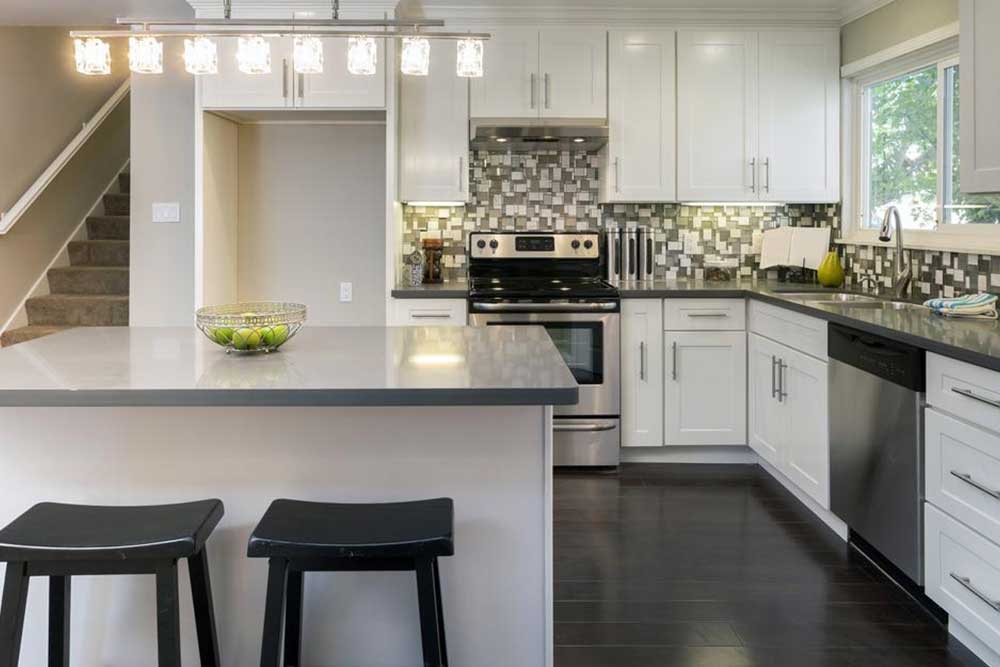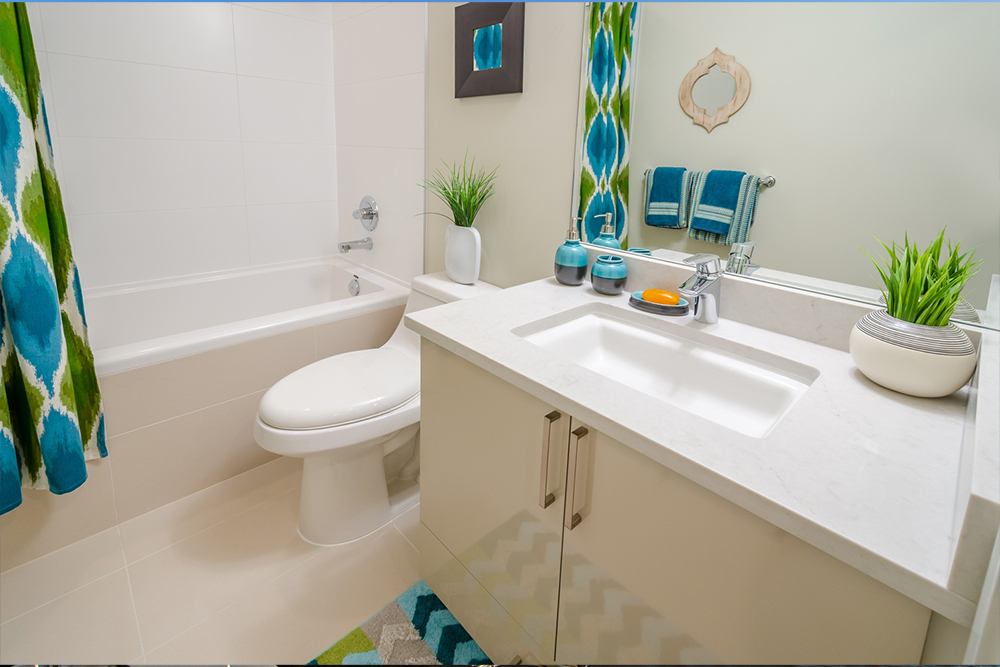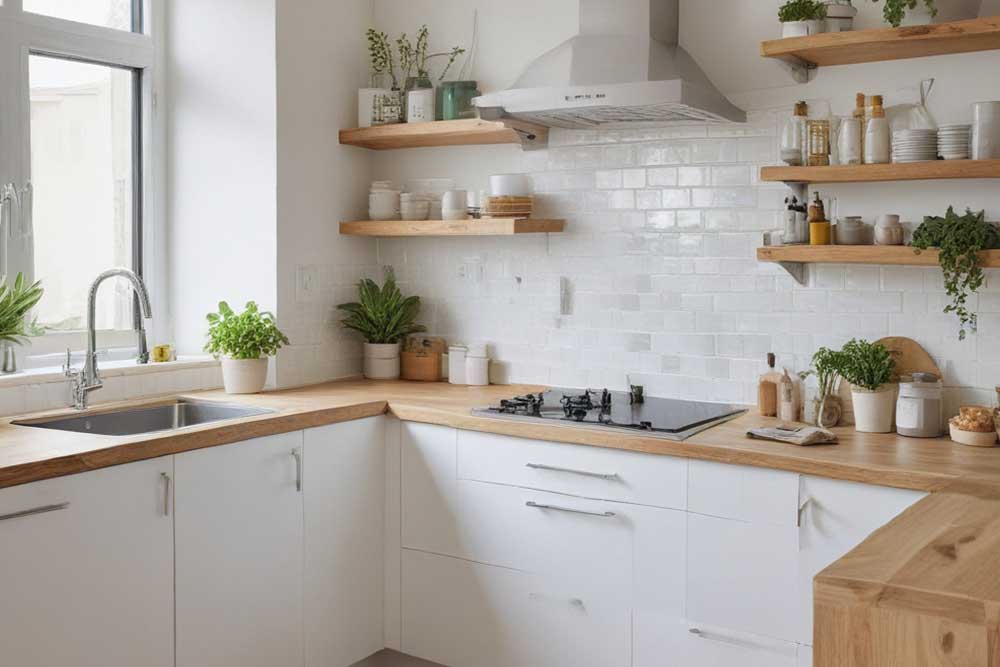Essential Guide for Home Renovation Projects
This comprehensive guide covers essential steps for home renovation, including budgeting, permits, scheduling, and choosing contractors. It provides homeowners with practical advice to plan and execute a successful remodel, ensuring quality results within budget and timeline constraints.
Sponsored

Essential Steps for a Successful Home Renovation
Remodeling a home can be driven by outdated design or structural improvements. Whether updating a single room or undertaking a full overhaul, remodeling allows homeowners to customize their living space. To ensure a smooth process, understanding key aspects of renovation, from budgeting to permits, is vital for making informed decisions and achieving desired results.
Budget Considerations
Home renovation costs vary widely based on project scope, contractor expertise, and additional factors. Major upgrades like extensions can cost £25,000–£50,000, while kitchen and bathroom remodelling may range from £6,000 to £15,000. Additional expenses include heating systems (£4,000), loft conversions (~£40,000), and window replacements (£400–£600 each). Anticipate potential unforeseen costs and project duration when planning your budget.
Renovation types span from small upgrades to extensive overhauls, including single or multi-story extensions, loft conversions, conservatories, and kitchen refurbishments. Other popular upgrades are bathroom renovations, basement or garage conversions, and landscape redesigns. The scope depends on individual preferences and financial capacity.
Effective planning is crucial for home remodeling. Homeowners should familiarize themselves with important steps to prevent delays and budget overruns.
1. Obtain Necessary Permits
Before starting work, securing all required permits is essential. Depending on the project, homeowners may need outline or full planning permission from local authorities. This involves submitting detailed plans for approval. In some cases, certain minor renovations qualify as Permitted Development, eliminating the need for full planning permission—though building regulations approval remains necessary for structural or electrical work.
2. Create a Renovation Schedule
Developing a detailed timeline helps keep the project organized and on track. List all tasks involved, including external work (e.g., brickwork, roofing, window installation) and internal updates (e.g., kitchen fittings, painting). This schedule acts as a communication tool between homeowners and contractors, promoting timely and within-budget completion.
3. Budget Planning
Set a realistic budget considering all costs: materials, labour, permits, and unexpected expenses. Allocating funds for unforeseen issues ensures smoother progress without financial stress.
4. Select Reliable Contractors
Research local construction companies or specialists through recommendations, online searches, and reviews. Gather multiple quotes and compare their prices, services, and reputation. Verify licenses, insurance, and certifications to ensure quality and legality. Clearly outline your project requirements and preferred outcomes to receive accurate estimates.






